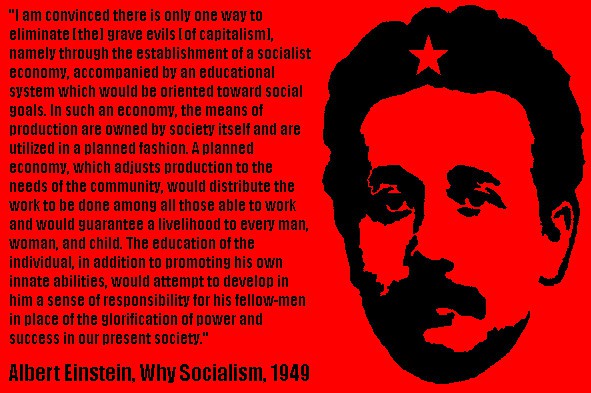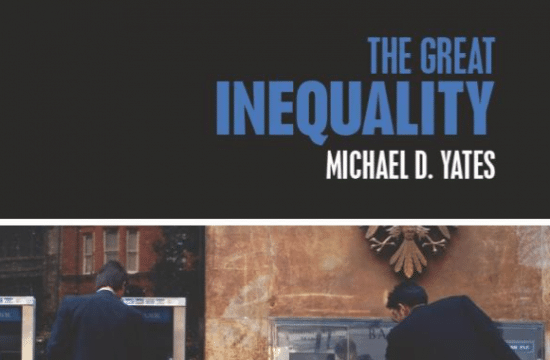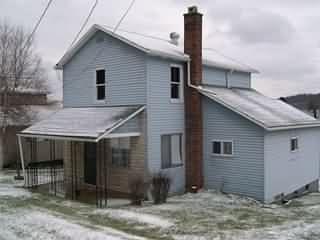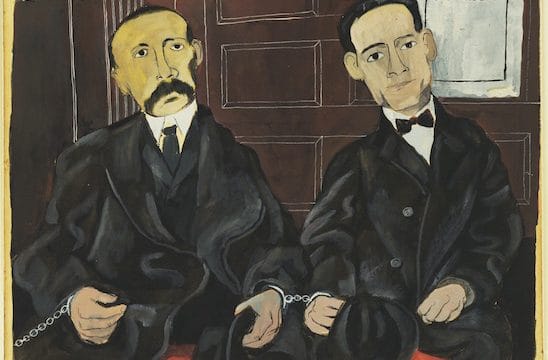 We spent part of Labor Day watching the mucking and drilling competition in Park City, Utah. Park City is famous for its skiing, but the slopes sit atop the silver mines that were the foundations of the town’s economy for nearly one hundred years. Deep under the lifts and the town itself are some 1,200 miles of tunnels. There thousands of silver miners from around the world drilled, blasted, and hauled the silver ore out of the earth. Most of them died young, but the owners, including the father of William Randolph Hearst, made immense fortunes.
We spent part of Labor Day watching the mucking and drilling competition in Park City, Utah. Park City is famous for its skiing, but the slopes sit atop the silver mines that were the foundations of the town’s economy for nearly one hundred years. Deep under the lifts and the town itself are some 1,200 miles of tunnels. There thousands of silver miners from around the world drilled, blasted, and hauled the silver ore out of the earth. Most of them died young, but the owners, including the father of William Randolph Hearst, made immense fortunes.
One hundred and thirteen years ago, the miners began to celebrate Miner’s Union Day; today it is simply called Miner’s Day. The highlight of the festivities is the mucking and drilling competition. This mimics the work that helped to bring the metal-bearing rock from the mine face to the surface. Men wielding enormous air drills bored holes several feet deep into the rock. Dynamite was placed in the holes and the explosion created piles of ore or muck. This was then put into ore cars, originally by hand shoveling and then by primitive mucking machines, and hauled out of the mine.
The narrator at the contest told us of the great difficulty and danger of these labors. The drills initially created so much dust that the operators soon developed lung disease and seldom lived to fifty. Later the drills combined water with the air, and this greatly reduced the dust. The drills themselves weighed 125 pounds, making them both extremely tiring and dangerous to operate. I tried to lift one after the drilling contest was done, and I could barely get it off the ground. Imagine doing this all day long. Yet the men we watched picked them up with ease and held them steady as they bit into the rock. The fastest driller finished two holes in less than two minutes. Running the mucking machine looked awfully hard as well. The men stood on the side of a small ore car (like a tiny open railroad car) and mechanically maneuvered the shovel into the pile of rocks, getting as much muck as possible into the shovel and then carefully swinging it backward and dumping the ore into the car. Great finesse appeared to be required to do this properly, and care had to be taken that a rock wouldn’t fall from the shovel and strike the worker or that the bucket wouldn’t bash him on the head. One of the contestants was eight-seven years old, and he won the mucking competition last year. This year’s mucking winner filled his car in less than one minute (by hand, this would have taken about thirty minutes).
As we watched the mucking and drilling, I thought of my many relatives who were miners. Grandfather Dante and his brother Alberto, who went down to mine coal when they were still boys. Uncle Dan, his son Greg, too many cousins to name. The better lives that workers won through their unions came at great cost. Cost long forgotten today, when those victories have proven so Pyrrhic. This Labor Day, we should remember the toils of all those who have to sell their bodies and minds on the marketplace. But we should also understand that our goal must be to abolish the frightful system that makes this sale both necessary and inhuman. Only then will that cost have been worth it.








Thanks for sharing our rich, unique heritage in Park City. So glad you were able to spend Miner’s Day in Park City.